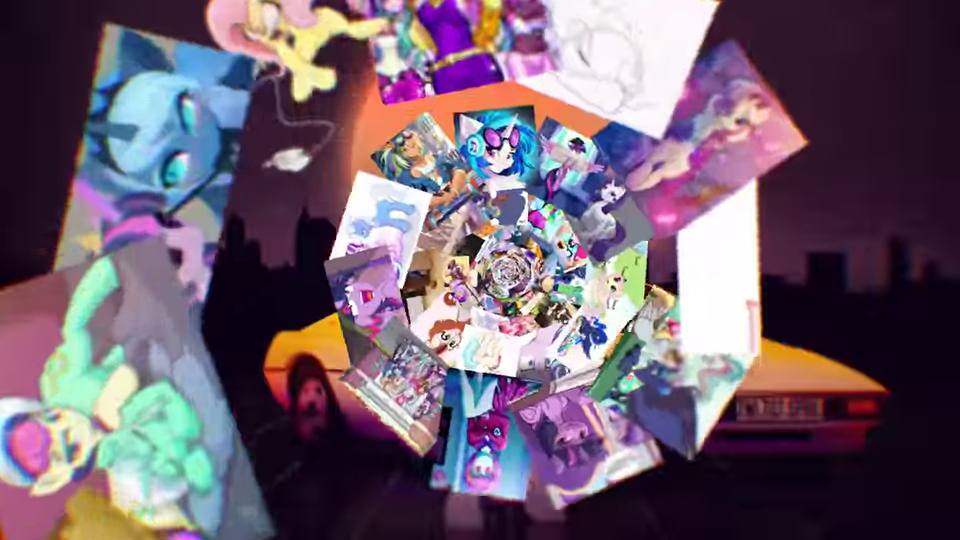
#Why do windows xp sounds give me so much nostalgia keygen

The reality is that not only are Black, Asian and minority ethnic (to use the government’s preferred term) children decentred most of the time in the school curriculum but, worse still, they may be exposed to the risk of erasure and misrepresentation. I think it is saying, ‘Well, you may be here but do you really belong ?”’ But I think there is a very significant message that goes out when you cannot see yourself at all in the books you are reading. “You want to escape into fiction as well and read about other people, other cultures, other lives, other planets and so on. I invite all teachers to stop and reflect on the following from our former children’s laureate, Malorie Blackman, quoted in a piece for Sky News: Over the past three years, the Reflecting Realities reports produced by the Centre for Literacy in Primary Education (CLPE) have researched and made explicit the need for today’s children in the UK to see themselves represented in books. I have seen it argued that teachers can address misrepresentations in the text in classroom discussions but this analytical approach is better suited to secondary-level English.Īt primary level, nurturing every child in the classroom is our priority and the risk of psychological harm through exposure to legacy racist tropes is high. Children’s literature: addressing misconceptions However, let’s consider The Indian in the Cupboard : it’s a “classic”, remaining popular and in use in the classroom, but it carries deeply questionable representations around Native American people.

In one sense, it might seem positive that teachers want to share their enthusiasm for a story that sparked their interest at a young age. As a result, the online exchange may limit rather than extend the opportunity for productive learning. When challenged on their choices on this basis, particularly when challenged regarding racist representations, the teachers concerned often feel personally criticised and become defensive about their choices.

Indeed, sentimental longing for a period in the past often blinds people to what such nostalgia means in terms of race and diversity. Now and again, my social media timeline throws up a heated exchange regarding books chosen by teachers at primary level.Īnd I often find myself thinking that a teacher’s nostalgia for “classic” childhood books they recall from their own youth with fondness does not always serve the children of today well.


 0 kommentar(er)
0 kommentar(er)
